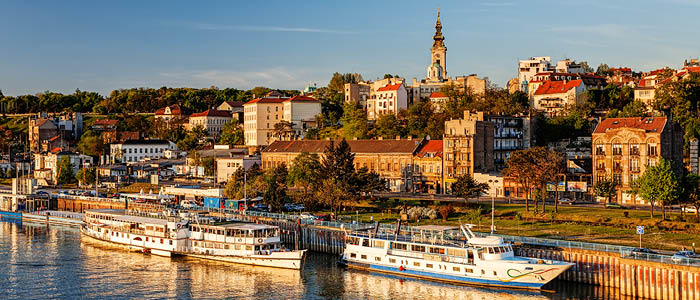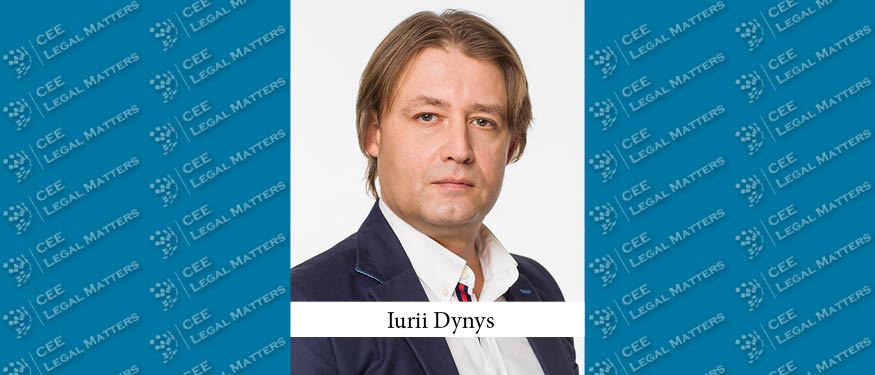Two laws concerning the work and residence of foreign nationals in Serbia have been updated this July. The Serbian Parliament has adopted the amendments to the Law on Foreign Nationals (“LFN”) and to the Foreign Nationals Employment Act (“FNEA”). Among the main reasons for these amendments are harmonization with EU regulations and standards, as well as the current trend of increased presence of foreign workforce in Serbia, the need for which is expected to continue to be on the rise.
The amendments to the LFN and the FNEA have been adopted at the same time, since the main novelty of the two mentioned regulations is the single application procedure. Unlike the current situation, whereby the foreign national needs to obtain a residence permit prior to even applying for a work permit, during the single application procedure, the foreign national will be in position to obtain the residence and work permit at the same time – Single Permit. This will significantly simplify and shorten the entire administrative procedure, enabling foreign nationals to start working shortly upon their arrival to Serbia. The applications will be submitted electronically via a web portal designated for foreign nationals. The mentioned web portal is also a novelty introduced by the LFN that will include all information relating to entry, residence and work of foreign nationals in Serbia, and through which foreign nationals will be able to apply electronically for other requests as well, including issuance of visa and various types of residence permits (issued for purposes other than work), as well as renewal and modification of the Single Permit. It will be possible to obtain the Single Permit for the duration of up to three years, with the possibility of renewal, which is a significant extension compared to the current solution that enables foreigners to obtain a temporary residence permit and work permit for the duration of one year. The Single Permit will be issued in the form of a biometric document (card) that will also serve as an identification document. All the above mentioned should provide for a higher level of legal certainty for foreign nationals residing in Serbia and their equal treatment as domestic citizens when it comes to the right to work and choice of profession.
The LFN contains several more amendments that liberalize the entry into and residence of foreign nationals in Serbia, especially when it comes to application for a permanent residence approval. On the other hand, the aim of certain amendments relates to the security aspect and control of entry and movement of foreign nationals, taking into account that Serbia is faced with increased irregular migrations. To this end, apart from collection of biometric data, that has already been mentioned above, the LFN also regulates the obligations of the host who provides a foreign national with an invitation letter to Serbia, who will be obliged to bear the costs relating to the foreign national’s stay and possible removal from Serbia.
When it comes to the amendments of the FNEA, notable is the expansion of the list of categories of foreign nationals who do not require a work permit, i.e. Single Permit, in order to have the right to work in Serbia. These categories are grouped as follows: i) foreign nationals who reside in Serbia based on a temporary residence permit issued for purposes other than work (for instance family reunion, immovable property ownership, humanitarian reasons), ii) foreign nationals who reside based on other grounds (for instance permanent residence approval, approved asylum, privileges and immunities in accordance with ratified international agreements), and iii) foreign nationals whose stay in Serbia does not exceed 90 days during a 180 day interval (for instance owners, founders, representatives of legal entities registered in Serbia, who are not employed at the said legal entity, lecturers or researchers participating in organized professional conferences or research projects).
The National Employment Agency that was previously in charge for issuance of work permits will now be performing the evaluation of whether the conditions for issuance of a Single Permit, depending on the different grounds for work, have been met. The amendments generally provide for less demanding conditions, compared to the previous rules. The National Employment Agency will also be performing the labor market test, necessary in case when the grounds for work is employment.
It may therefore be concluded that the amended FNEA will lead to easier engagement of foreign workforce in a simplified and more efficient procedure.
The novelties introduced by the amendments to the LFN and FNEA will be applicable from February 1, 2024.
















